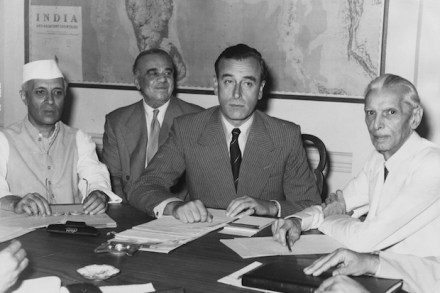A creepy father, a lustful music teacher, four virgins — and one genuine love affair
London, 1794. It’s a different world from that portrayed by the Mrs Radcliffes and Anons of the time: rich young women are not all naïve and swoony in Katharine Grant’s first novel for adults. In Sedition, five girls (two of them sisters, the others unrelated) are more or less put up for sale by their calculating parents, who want to attract titled sons to help them complete a leap from trade into the aristocracy. From the start, the parents’ scheme of buying a pianoforte and hiring a music teacher to help the girls appear eligible seems destined to backfire momentously. One of the daughters, Alathea, is not at all innocent




















